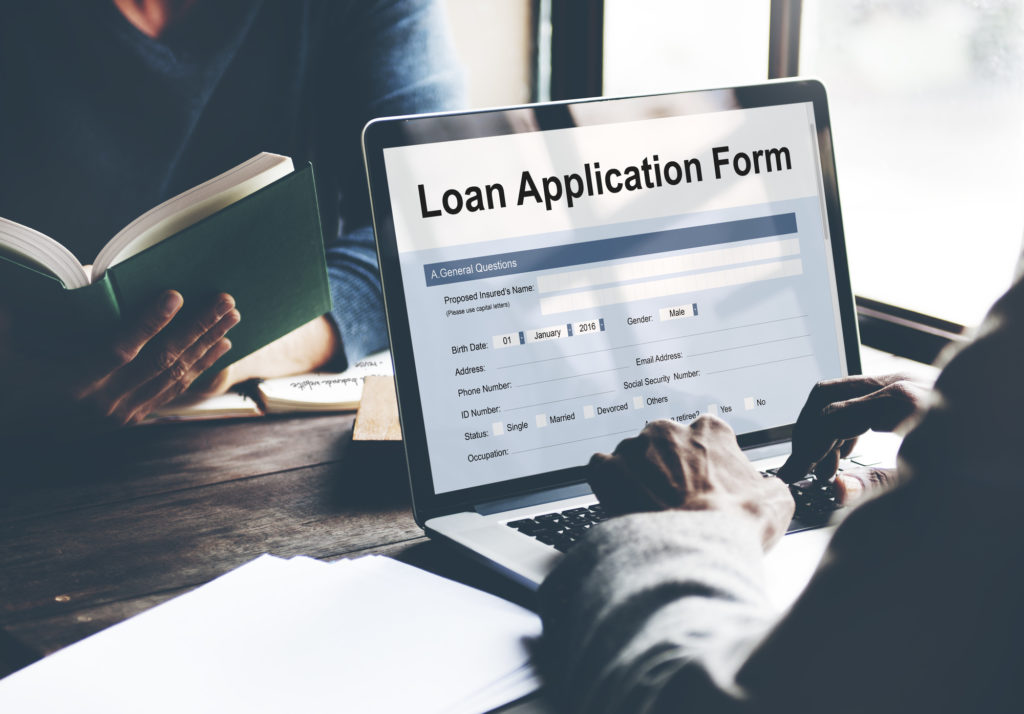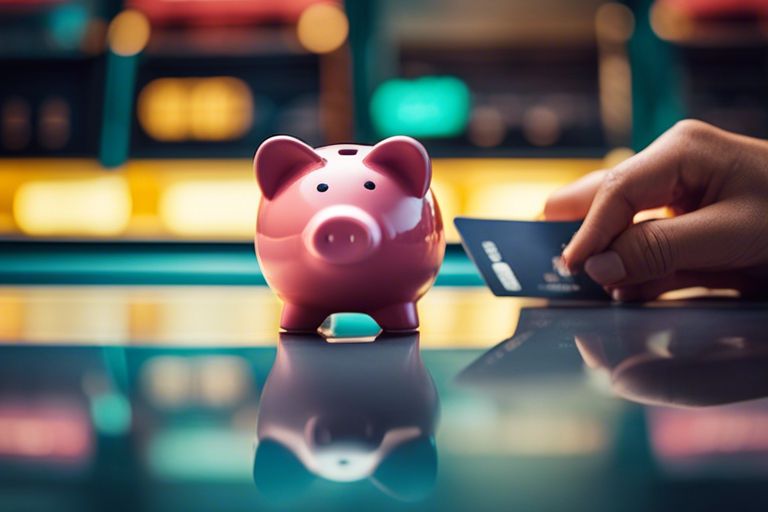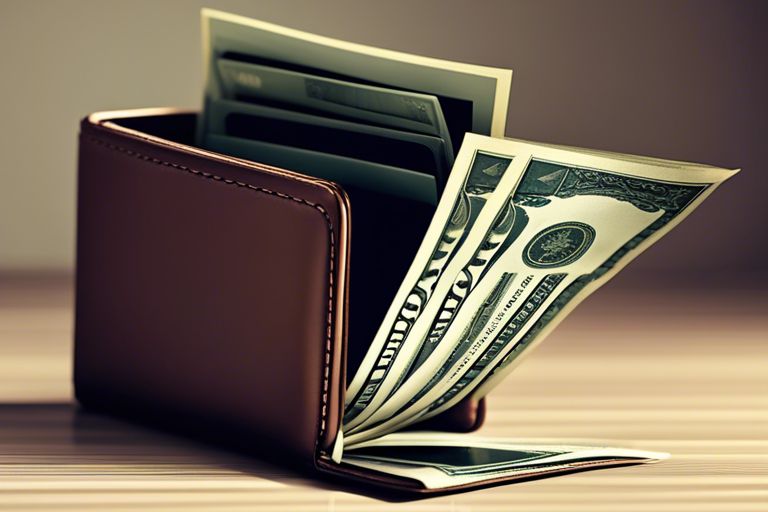

It is estimated that nearly three-quarters of Canadian households have at least one loan. For home improvements, buying commercial goods, or even consolidating other debt, loans offer access to an improved quality of living that may otherwise be unattainable. But do you know which type of loan you need?
With so many on the market, it can get confusing. Read on as we discuss which type of loan is best for your needs.
1. Unsecured Personal Loans
A personal loan provides cash for any use the borrower desires. As an unsecured loan, you don’t need to put any collateral against it when you take it out.
These types of loans are best for making medium to large purchases. If you have medical bills or want to improve the home, they are a good option. They will often offer lower rates than your credit card.
If you can find ones with lower rates, they are useful for consolidating your loans into one debt. With this, you use the loan to pay off all other outstanding balances so you only have one monthly payment. The only downside is that it can be hard to get approved for one with good rates if you already have a bad credit history.
2. Payday Loans
Depending on the state you reside in, payday loans will have different rules and regulations. A type of unsecured loan for a small amount, they are typically expected to be paid off by the next paycheck date. However, they are notorious for high-interest rates and some countries or states have banned them altogether.
These loans are best if you need quick cash that you know you can pay back. You may have had an expensive month and need to get groceries or fuel. High-interest rates are a hallmark of this loan, so avoid getting into a cycle where you need to take out a loan monthly.
3. Mortgage Loans
You should not have any problem identifying a mortgage loan, as they are specifically for buying property. They can be used to buy a family home, apartment, or a place you will rent out.
With a mortgage, the property you buy acts as collateral. If you don’t make the payments, it can enter foreclosure, and the lender can seize it. Interest rates can be fixed or variable, and you can pay them back over several years.
To qualify for a loan application, you will need a downpayment. This amount is usually a percentage of the property value.
4. Credit Cards
While they are not marketed as such, a credit card is a type of small loan. Interest gets charged every month until the balance has been paid off. If the balance gets paid in full, then no interest charges occur.
Credit card rates can be quite high, wavering at around 16%. There are also fees if you fail to make monthly payments. Using this type of loan is best for small, regular purchases you pay back quickly.
5. Secured Personal Loans
Secured personal loans act similarly to unsecured personal ones. The difference is that you use an item of value to secure it, such as a car or savings. As you are putting up collateral, they afford you a lower interest rate.
The only downside is that if you make the loan payments, you will lose your assets. A default of this nature could be catastrophic, for example, if you lose your car or savings.
6. Title Loans
Title loans are generally for people who own a vehicle. You can use the asset to borrow between 25% to 50% of its value. These are short-term loans that typically need paying back within 30 days or less.
High-interest rates usually come with these types of loans. When you get accepted, you have to hand over the title deed of your vehicle. When the balance gets cleared, this is returned.
Unfortunately, if you fail to pay, your car can be seized. It can make them good for quick end-of-the-month loans, that you know you can pay back within the next week or so.
7. Home Equity Loans
If you own your own home, you can borrow money against the equity in the property. This is only applicable to the amount of mortgage already paid off. For example, if a person has paid off 60% of the home value, they could loan that amount.
These loans have some of the lowest rates on offer as you are borrowing against the home value, making it a less risky proposition. Another bonus is that as the home increase in value, so does the amount you can borrow.
The obvious downside is that the home is being used for collateral. If a default occurs, then the property can be lost.
8. Home Equity Line of Credit
These types of loans operate somewhere between a home equity loan and a credit card. Equity in the home gets used as collateral, which decides the maximum loan amount. However, this can be borrowed from and paid back similarly to a credit card.
The downside is that they often have variable interest rates. When rates rise, the borrower will pay more but pay less when they are low. Taking out a loan of this type is advisable if you have built up a good amount of equity in the home and need to finance large projects with flexible payment options.
Getting the Right Type of Loan
Now you know what type of loan you need, shop around. Different lenders will have different rates and qualifying criteria. It helps to get an overview and see who is making the best offer for your needs.
Kingcash should be your first stop for short-term loans. We offer Canadians an alternative to traditional financial institutions. Click here to speak to us about same-day loans without credit checks and get financed today.


